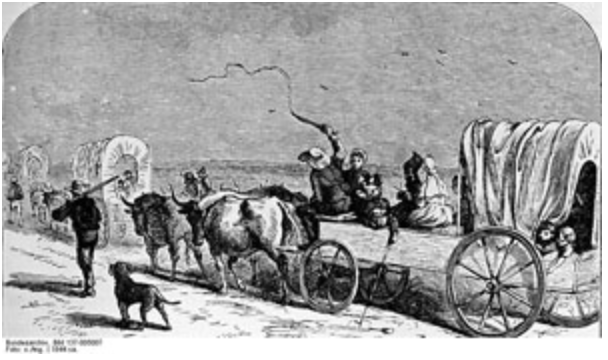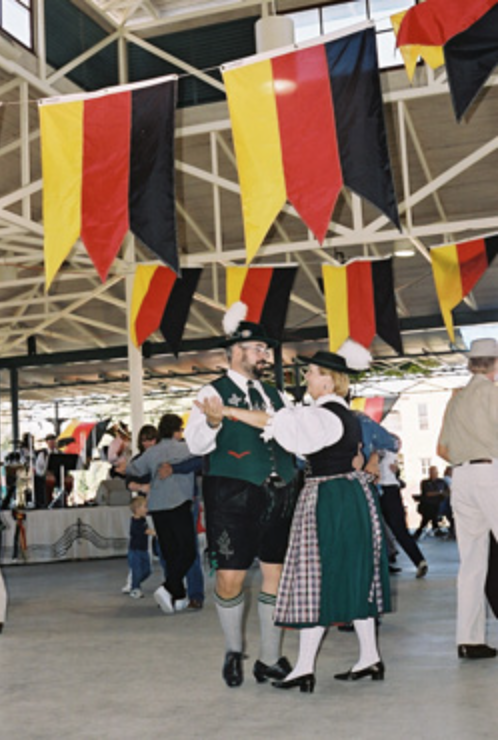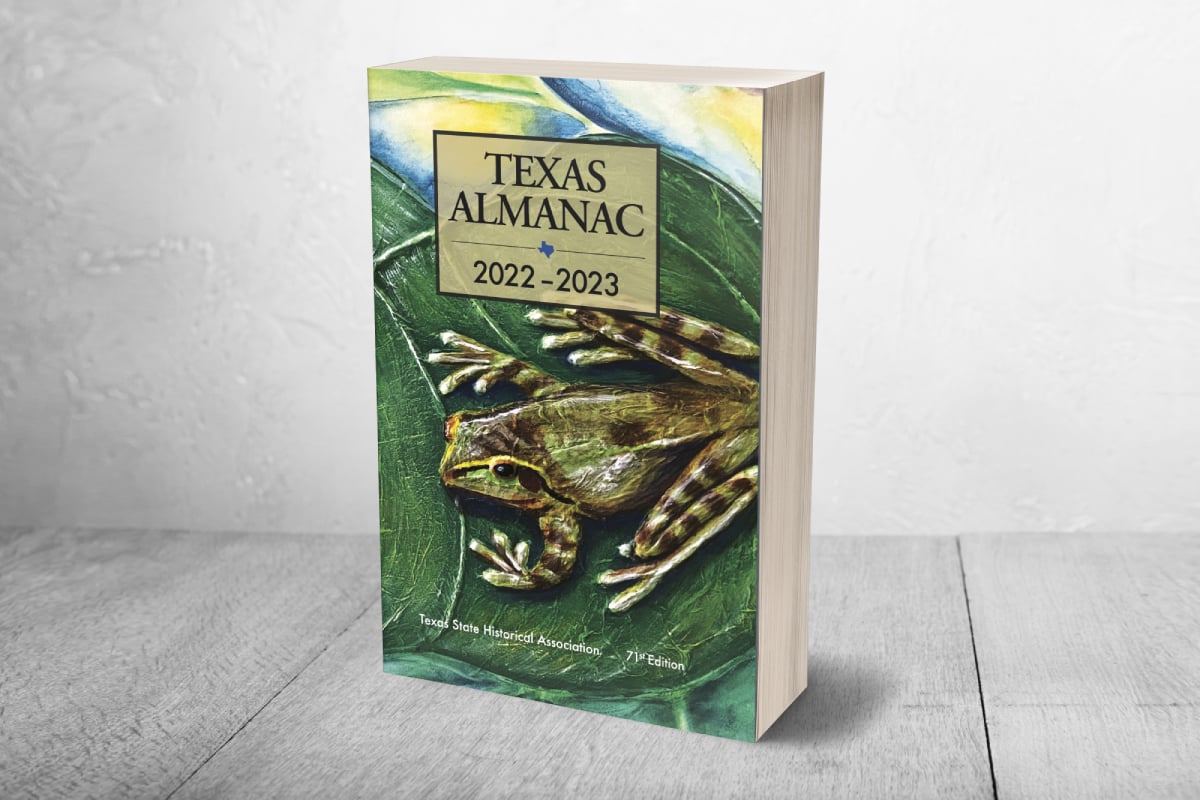After Anglos, Mexican-Americans, and African-Americans, the ethnic group with the largest impact on Texas has been the Germans.
By 1930, according to the U.S. Census Bureau, persons born in Germany or whose parents where born there made up a full 36 percent of "foreign white stock" in Texas. The next largest group was from Czechoslovakia at 11.5 percent.
The German-Texan culture started in 1831, when Frederick Ernst acquired land in Austin County near Industry. Within a couple of years his neighbors included other German families, such as the Klebergs, a family later to become associated with the King Ranch in South Texas.
The largest immigration of Germans came in the 1840s when the Adelsverein (The Society for the Protection of German Immigrants in Texas) organized at Biebrich on the Rhine near Mainz. It assisted thousands in coming to Central Texas and establishing such settlements as New Braunfels and Fredericksburg.
The German language was widely used in certain areas, especially Central Texas, and only began to fade from use in the 1970s. Gilbert J. Jordan, a longtime professor of German at Southern Methodist University, says that a kind of German-Texan dialect developed in the state.
Early German festivals in Texas included one grand gathering of singing societies for a "Saengerfest" and "Volkfest" in October 1853. The celebration drew settlers from throughout the state to New Braunfels, the new German center for Texas.
German-Texan culture faced its first challenge when many of the recent immigrants took the unpopular stand of siding with the Union cause in the Civil War.
Blending in to an English-speaking culture became especially pronounced when the United States and Germany faced off in the hostilities of World War I.
During that period the German farmers of Brandenburg in West Texas thought it politic to change the name of their community to Old Glory.
Some Texas families even changed names; Schmidts became Smiths.
The German Cemetery in Houston became Washington Cemetery.
The wave of anti-German feeling carried over into the period right after the Great War. In 1919, Gov. William Hobby vetoed appropriations for the German department at The University of Texas at Austin.
Not until the late 1950s and early 1960s did German-Texans again boldly celebrate their heritage with the emergence of annual Octoberfests in various cities and towns of the state.
The customary observance in modern Germany dates from 1810, but that was actually a re-emergence of a centuries-old Munich festival of horse races called the Scarlet Races, named after the prize ribbon.
The tradition was revived for the wedding day of Bavarian King Ludwig I and Baroness Theresa, Oct. 17. The next year, 1811, the races were coupled with an agricultural festival. Eventually, through the fame acquired by increased world tourism, the "Oktoberfest" became synonymous with German culture.
Beer, sausage, waltzes and polka bands are the things that most distinctly flavor the festivals in our state today, although jalapeño peppers and a little barbecue might fill out the Texas menu and ambience.



